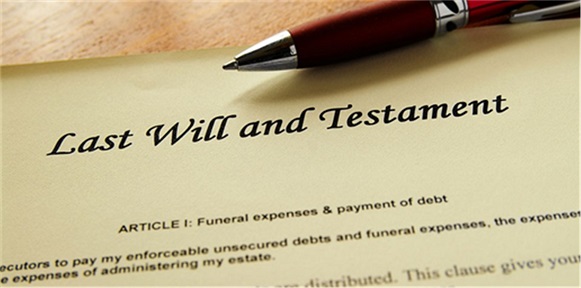Knowing how to sell your home in probate will help you navigate a highly monitored, deadline–oriented process that can be intimidating, time-consuming and costly. Selling a home in probate usually includes oversight by the court, an Executor or Administrator of the estate, the estate attorney and one or more real estate agents as well as one or more buyers.

Sound confusing? Sound expensive? Selling a home in probate can definitely be confusing and then some. If you know how to sell your home in probate, you understand it is a detailed step-by-step process where each step has a timeframe that often is not met. This can extend the timeline and cause hardship to buyers and sellers. If the buyer or seller is in a rush, closing a property sale in probate is not a reasonable solution.
Navigating Your Home Sale in Probate
To meet the court’s guidelines, a home sale in probate requires good communication and various disclosure materials and contracts that are not usually used in conventional real estate transactions. Frankly, not all real estate agents are experienced with probate home sales.
Below are sample steps used in probate home sales:
- Appointment of Administrator or Executor of the estate – Usually, the decedents appoint an Executor if the deceased individual has not appointed one. The Executor will handle the distribution of assets including the distribution of funds earned through the home sale in probate.
- The Executor/Administrator will list the property for sale and have the authority to sell the house in probate. Therefore, the probate sale cannot proceed until the Administrator is appointed.

- Under terms of the Independent Administration of Estates Act (IAEA), the Executor has the authority to set the listing price. The price must account for the cost of an appraisal by the Probate Referee who usually relies on an experienced real estate agent.
- Once the price is set, the house in probate is listed with an agent/broker. The listing agent and broker market the property and attempt to receive offers from qualified buyers.
- In most cases, an offer must be at least 90% of the Probate referee’s appraised value to be considered. Unfortunately, many buyers of houses in probate are shopping for a good deal. Once an acceptable offer is received, a Notice of Proposed Action is mailed to all heirs. This notice states the proposed terms of sale.
- Heirs have 15 days to review the terms of sale and present their objections, if any. If no objections are raised, the sale mat proceed without a court hearing.
- If an objection is posed, be ready for delays. The Notice of Proposed Action must be published in a local newspaper.
- The attorney for the estate can then apply to the probate court for a confirmation hearing. The date is anywhere from 30 to 45 days from the application date. A notice of the application and all details about the propose sale are mailed to interested parties.
- During this time, the real estate brokers continues to show and market the property. This process alone can turn many buyers away as they feel their good faith offer tis being used against them.
- If there are competing offers, probate courts have intricate formulas for these bids and bids that are over the original price.
- Even after the final offer is accepted, the court can take 30 -45 days after the final court hearing to close the case.
Conclusion about Selling Houses in Probate Court
If you think this sounds confusing, you are correct. Even if you know how to sell your home in probate court, the process can be discouraging to sellers and buyers. The process is not geared for individuals to sell their own homes.
There are easier and faster ways to sell inherited property. Contact the good folks at SellYourHomeFastOnline.com to receive information about contingency-free, cash offers that will close fast.
Leave a Reply